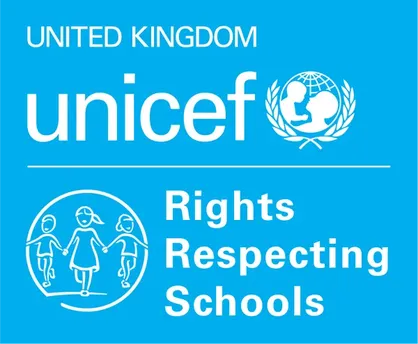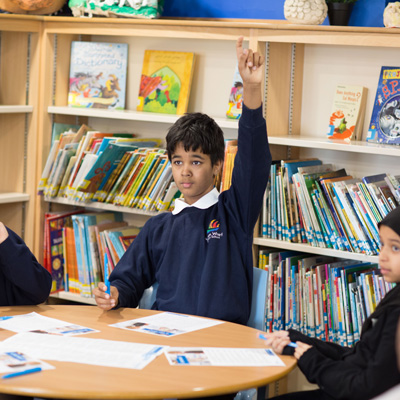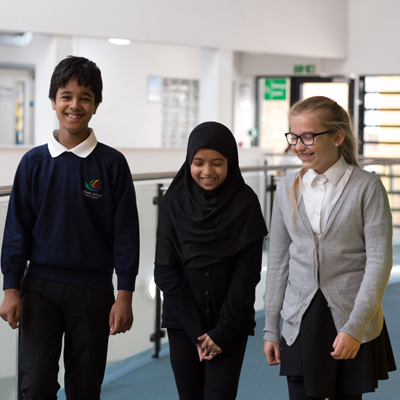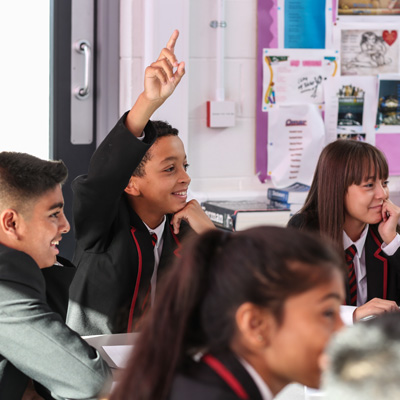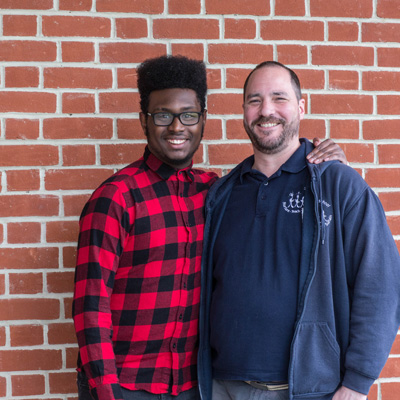The Right Respecting Schools Award recognises achievement in putting the United Nations Convention on the Rights of the Child (CRC) at the heart of a school’s planning, policies, practice and ethos.
For a school to receive accreditation, it must evidence that it has reached the three RRSA Strands. A school uses these Strands and other guidance provided to plan and monitor progress.
The three RRSA Strands
Strand A: Teaching and learning about rights
The United Nations Convention on the Rights of the Child (CRC) is made known to children, young people and adults, who use this shared understanding to work for improved child wellbeing, school improvement, global justice and sustainable living.
Strand B: Teaching and learning through rights – ethos and relationships
Actions and decisions affecting children are rooted in, reviewed and resolved through rights. Children, young people and adults collaborate to develop and maintain a school community based on equality, dignity, respect, non-discrimination and participation; this includes learning and teaching in a way that respects the rights of both educators and learners and promotes wellbeing.
Strand C: Teaching and learning for rights – participation, empowerment and action
Children are empowered to enjoy and exercise their rights and to promote the rights of others locally and globally. Duty bearers are accountable for ensuring that children experience their rights.
